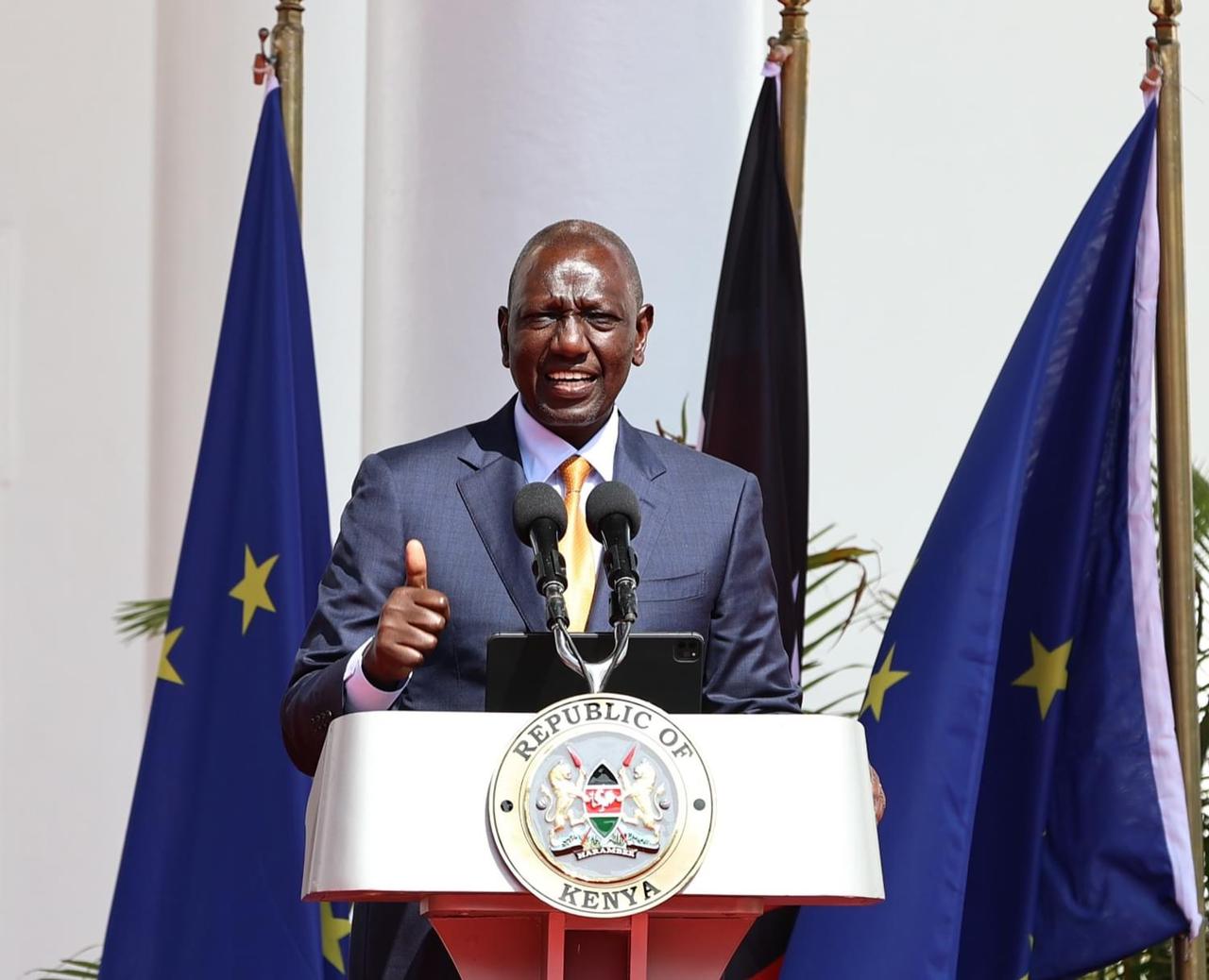NAIROBI- In a concerted effort to advance the government’s Bottom-Up Economic Transformation Agenda (BETA), the State Department of Livestock Production’s entire leadership convened a crucial meeting today with members of the President’s Economic Transformation Secretariat. The high-level gathering aimed to devise strategies to enhance the dairy, leather, and meat value chains, fostering increased production, value addition, and exports.
Under the leadership of the Ministry of Agriculture, Livestock, and Fisheries Development (MoALD), the collaborative meeting involved government officials, including representatives from the State Department of Livestock Production and the President’s Economic Transformation Secretariat. Their shared objective was to explore comprehensive measures to strengthen the livestock sector and leverage its job creation and economic growth potential.
During the discussions, participants emphasized the importance of focusing on the dairy, leather, and meat value chains as key areas with immense potential for development. The stakeholders recognized that strategically investing in these sectors could stimulate growth, create employment opportunities, and drive economic prosperity from the grassroots level.
Jonathan Mueke, an influential figure in the economic transformation agenda, took to social media to express his optimism following the meeting. His Twitter account stated, “Discussions centered on how we can focus on the dairy, leather, and meat value chains to increase our production, value addition, and exports significantly. Our livestock sector is committed to creating jobs from the bottom, up.”
The government’s commitment to the BETA and its emphasis on the livestock sector underscore the administration’s dedication to inclusive economic development. By enhancing the productivity and competitiveness of the dairy, leather, and meat value chains, the government aims to tap into the sector’s potential to generate income and provide employment opportunities for the local population.
To achieve these objectives, the government intends to employ a multi-faceted approach that includes infrastructure development, investment in research and development, fostering public-private partnerships, and implementing supportive policies and regulations. By creating an enabling environment for the livestock sector, the government seeks to attract both local and foreign investment, stimulating growth and transforming the economy.
As the collaborative efforts between the State Department of Livestock Production and the President’s Economic Transformation Secretariat gain momentum, it is anticipated that tangible outcomes will emerge in the form of increased productivity, value addition, and exports within the dairy, leather, and meat value chains. Ultimately, these efforts will contribute to the realization of the government’s BETA and its vision of economic transformation through job creation and enhanced livelihoods.
